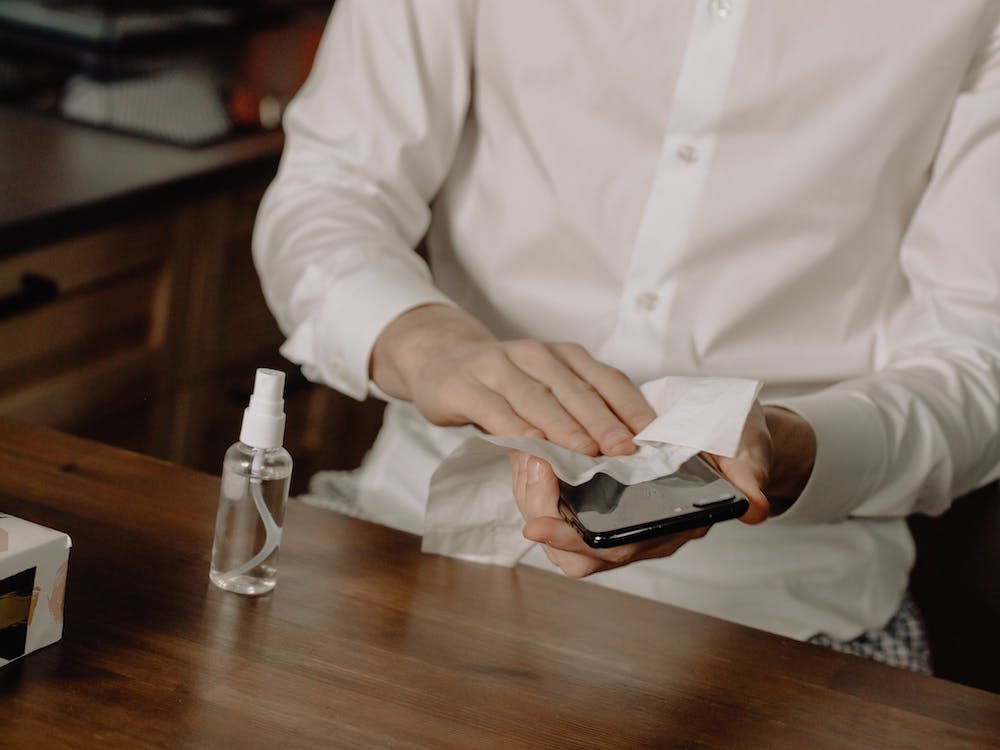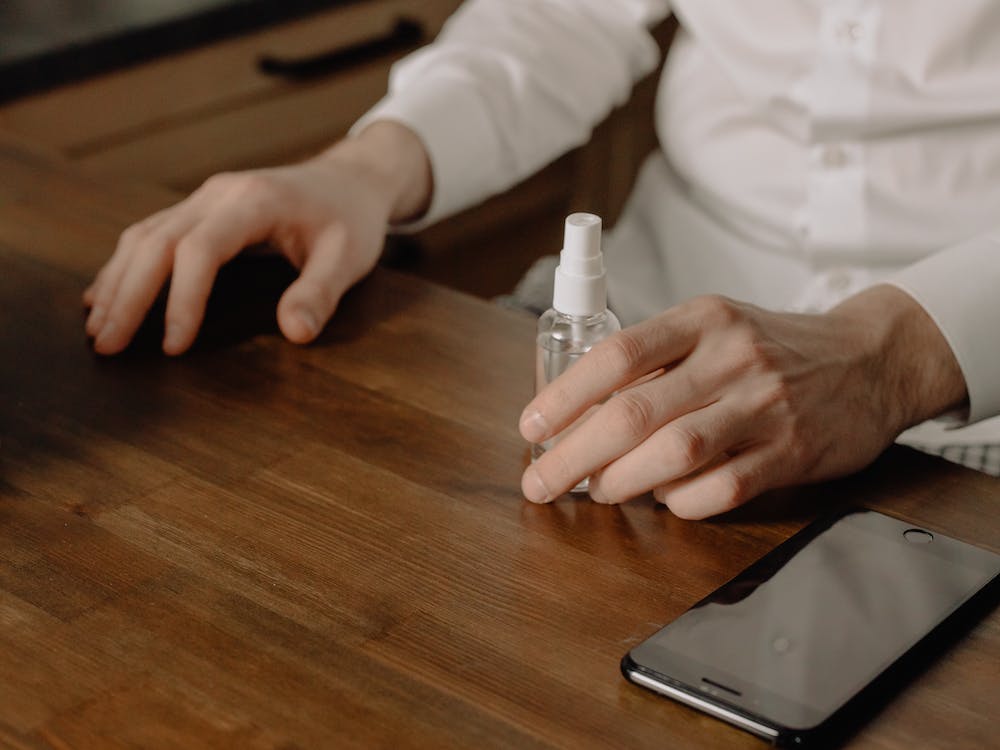7 Ways to Keep Your Home Safe from Identity Theft
 Identity theft is a serious crime that can affect your finances, credit, and reputation. It can also cause a lot of stress and frustration. Fortunately, there are some simple steps you can take to protect your personal information and prevent identity theft at home. Here are seven ways to keep your home safe from identity thieves.
Identity theft is a serious crime that can affect your finances, credit, and reputation. It can also cause a lot of stress and frustration. Fortunately, there are some simple steps you can take to protect your personal information and prevent identity theft at home. Here are seven ways to keep your home safe from identity thieves.
 1. Shred sensitive documents. Don’t just toss your bank statements, credit card offers, bills, receipts, and other documents that contain your personal information in the trash. Shred them with a cross-cut shredder or use a service that does it for you. This will make it harder for identity thieves to steal your information from your garbage.
1. Shred sensitive documents. Don’t just toss your bank statements, credit card offers, bills, receipts, and other documents that contain your personal information in the trash. Shred them with a cross-cut shredder or use a service that does it for you. This will make it harder for identity thieves to steal your information from your garbage.
 2. Lock your mailbox. If you have a mailbox outside your home, make sure it has a lock and a key. This will prevent identity thieves from stealing your mail, which may contain your personal information, checks, credit cards, or other valuables. You can also sign up for a service that alerts you when your mail is delivered or use a post office box instead.
2. Lock your mailbox. If you have a mailbox outside your home, make sure it has a lock and a key. This will prevent identity thieves from stealing your mail, which may contain your personal information, checks, credit cards, or other valuables. You can also sign up for a service that alerts you when your mail is delivered or use a post office box instead.
 3. Secure your devices. Your computer, smartphone, tablet, and other devices may store a lot of your personal information, such as passwords, account numbers, photos, and contacts. Make sure you use strong passwords, encryption, antivirus software, and firewalls to protect your devices from hackers and malware. You should also avoid using public Wi-Fi networks or charging stations that may compromise your security.
3. Secure your devices. Your computer, smartphone, tablet, and other devices may store a lot of your personal information, such as passwords, account numbers, photos, and contacts. Make sure you use strong passwords, encryption, antivirus software, and firewalls to protect your devices from hackers and malware. You should also avoid using public Wi-Fi networks or charging stations that may compromise your security.
 4. Monitor your accounts. Check your bank accounts, credit cards, and other financial accounts regularly for any suspicious activity or transactions. If you notice anything unusual, report it to your bank or credit card company immediately. You should also review your credit reports at least once a year and look for any errors or signs of identity theft.
4. Monitor your accounts. Check your bank accounts, credit cards, and other financial accounts regularly for any suspicious activity or transactions. If you notice anything unusual, report it to your bank or credit card company immediately. You should also review your credit reports at least once a year and look for any errors or signs of identity theft.
 5. Freeze your credit. A credit freeze is a free service that prevents anyone from opening new accounts in your name without your permission. This can stop identity thieves from using your stolen information to apply for loans, credit cards, or other services. You can freeze your credit online or by phone with the three major credit bureaus: Equifax, Experian, and TransUnion.
5. Freeze your credit. A credit freeze is a free service that prevents anyone from opening new accounts in your name without your permission. This can stop identity thieves from using your stolen information to apply for loans, credit cards, or other services. You can freeze your credit online or by phone with the three major credit bureaus: Equifax, Experian, and TransUnion.
 6. Be careful what you share online. Social media platforms, blogs, forums, and other online platforms can be a source of information for identity thieves. They may use your personal details, such as your name, date of birth, address, phone number, or email address to impersonate you or access your accounts. Be careful what you post online and limit who can see your profile and posts.
6. Be careful what you share online. Social media platforms, blogs, forums, and other online platforms can be a source of information for identity thieves. They may use your personal details, such as your name, date of birth, address, phone number, or email address to impersonate you or access your accounts. Be careful what you post online and limit who can see your profile and posts.
 7. Educate yourself and others. The more you know about identity theft and how to prevent it, the better prepared you will be to protect yourself and your family. You can learn more about identity theft from reputable sources such as the Federal Trade Commission (FTC), the Identity Theft Resource Center (ITRC), or the National Cybersecurity Alliance (NCSA). You can also share this information with your friends, relatives, neighbors, and coworkers to help them stay safe as well.
7. Educate yourself and others. The more you know about identity theft and how to prevent it, the better prepared you will be to protect yourself and your family. You can learn more about identity theft from reputable sources such as the Federal Trade Commission (FTC), the Identity Theft Resource Center (ITRC), or the National Cybersecurity Alliance (NCSA). You can also share this information with your friends, relatives, neighbors, and coworkers to help them stay safe as well.

